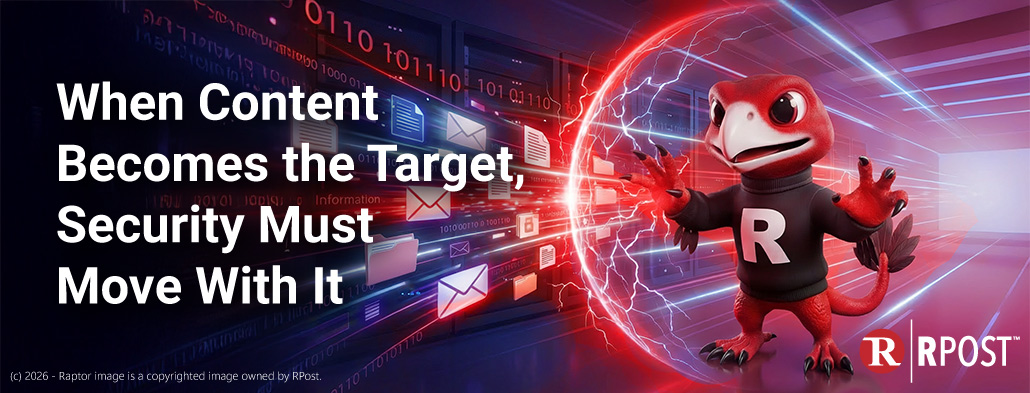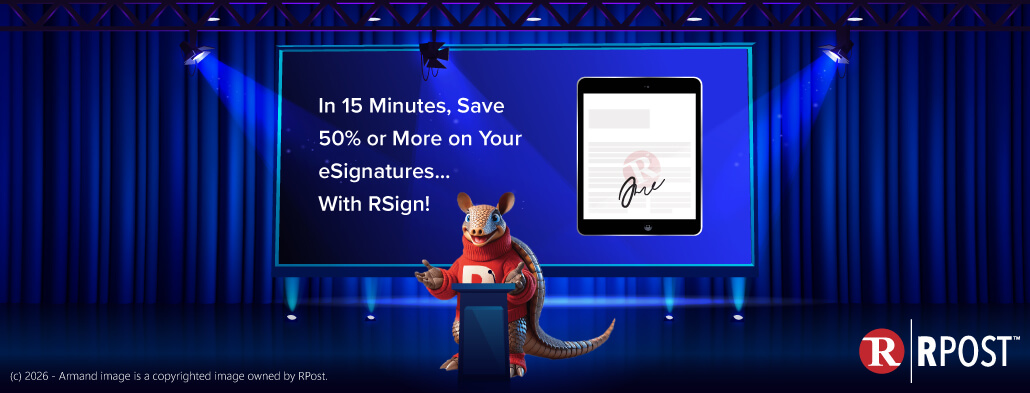Why the Best Email Evidence Does Not Eliminate the Entirety of Disputes It is well accepted worldwide that the Registered Receipt™ email record is the gold standard for email proof — timestamped and verifiable proof of successful email delivery including content delivered, regardless of recipient settings, and without need for any recipient compliant action.
Not All Email Tracking is Created Equal If you are sending a zillion newsletter or marketing emails, sure, email marketing platforms make it easy to manage your email list; and many do provide some basic tracking information.

February 06, 2026

January 30, 2026

January 23, 2026

January 16, 2026

January 09, 2026